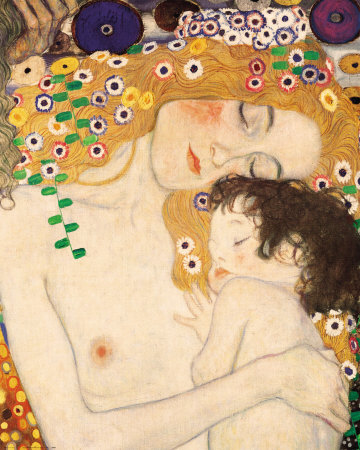
Last week, I finished the first draft of a novel I’ve been writing, off and on (more off than on, obviously) for over ten years. I started compiling notes, ideas for characters, little snippets of quotes or scenes, then I went to work on an outline (which changed quite a bit over time). Last year during Nanowrimo, I wrote the first half of the book; this year during the same challenge, I finished the second. It is an immense relief and a sense of emptiness all at once.
Yesterday I took the kids to Mass, the first Sunday of Advent apparently, something I would have known if we attended more regularly. The sermon was about this season of anticipation and how we should appreciate it, rather than hoping to rush straight to Christmas itself. The priest compared it to a student waiting to go home for a holiday or a pregnant mother expecting her child. In the current world, he said, we have lost this appreciation for things in their due course.
The novel I just finished is set in 1999. Everyone talking about Y2K, cell phones just beginning to become widespread, emails not a substitute, yet, for written correspondence. And now that I’ve finished the first draft and don’t imagine returning to that time period in my writing, I will have to face the ways technology has changed everything—particularly, the use of certain devices in fiction writing. Hunting for a pay phone, waiting for a letter, searching for something at the library, being unable to reach someone because their answering machine keeps picking up—will our children understand any of these things? There was something delicious about the waiting (okay, maybe not the hunting for a pay phone bit); these instances of delayed gratification intensified the eventual contact, the eventual result.
So maybe what I will miss the most is the anticipation of finishing this book, the long period of time where life and other projects got in the way and I wasn’t able to return to it as much as I would have liked, but the thought of it was a constant companion. Of course, there will be tons of editing so there’s always that conciliation. But I do wonder…in this immediate world, where news/facts/information are, quite literally, right at our fingertips, and communication has so many forms it’s almost impossible to think of an isolated life…for our kids, for young people, what do they anticipate? Maybe it’s just what it’s always been—growing up. The outside world may intrude into their current lives more than it did for our generation, but they still lack the power and freedom to grab it. And yes, this all relates to my ideas for the next novel...
















